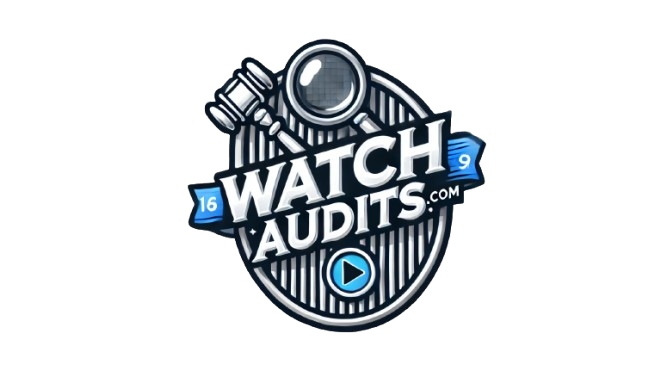@cyrusgettinger2
Profile
Registered: 2 months, 1 week ago
How Safe Is an Echocardiogram? Myths and Information
An echocardiogram, commonly called an "echo," is without doubt one of the most widely used diagnostic tests in cardiology. It makes use of ultrasound waves to create detailed images of the heart, serving to medical doctors assess heart structure, valve perform, and blood flow. Despite its routine use, some individuals fear about safety or confuse it with more invasive heart procedures. To set the record straight, let’s separate the myths from the facts.
Delusion 1: An Echocardiogram Exposes You to Dangerous Radiation
One of the most widespread misconceptions is that an echocardiogram involves radiation, like an X-ray or CT scan. This just isn't true.
Reality: An echocardiogram makes use of sound waves, not radiation. The ultrasound technology is much like what’s used during pregnancy to monitor a baby’s development. Because no radiation is concerned, the procedure is completely safe—even for children, pregnant women, and aged patients.
Fable 2: An Echocardiogram Is Painful or Risky
Some individuals think an echocardiogram is painful or involves injections, leading them to keep away from the test.
Reality: Most echocardiograms are painless and non-invasive. A technician places a small system called a transducer on your chest, and a gel is applied to assist transmit the sound waves. You would possibly really feel slight pressure from the probe, however there is no pain or risk associated with the usual procedure.
Myth 3: Only People With Severe Heart Problems Want It
There is a belief that echocardiograms are reserved for those already diagnosed with severe heart disease.
Truth: Doctors could order an echocardiogram for many reasons—not just for patients with known conditions. It is typically used to check for murmurs, evaluate chest pain, detect congenital defects, or monitor heart perform after treatment. Early detection through an echo can prevent critical issues later on.
Delusion four: Stress Echocardiograms Are Dangerous
A stress echocardiogram, the place your heart is monitored throughout train or remedy-induced stress, might sound intimidating. Some worry it may cause a heart attack.
Truth: Stress echocardiograms are very safe when performed in a clinical setting. The test is supervised by trained healthcare professionals who monitor your heart closely. While the exercise or medication might cause temporary signs like shortness of breath or fatigue, severe complications are extraordinarily rare. In fact, the test often helps medical doctors spot risks before they develop into emergencies.
Fantasy 5: The Procedure Takes a Long Time and Requires Recovery
Many assume an echocardiogram is time-consuming and requires downtime.
Reality: An ordinary echocardiogram usually takes 30 to 60 minutes. There is no such thing as a particular preparation wanted, and you can resume normal activities proper afterward. Unlike procedures that require sedation, an echocardiogram has no recovery period.
Myth 6: Echocardiograms Are 100% Accurate
Though echocardiograms are highly effective tools, some believe they provide flawless results.
Truth: While highly reliable, echocardiograms—like any medical test—have limitations. Image quality could also be affected by body type, lung disease, or technical factors. In some cases, medical doctors might recommend additional imaging reminiscent of a cardiac MRI or CT scan for more detail. Still, echocardiograms stay the first selection because of their accuracy, safety, and accessibility.
Why Safety Issues Shouldn’t Stop You
Echocardiograms have been used for decades and are considered one of the safest diagnostic tools in medicine. Unlike invasive tests, they carry no risk of bleeding, an infection, or radiation exposure. Millions of people undergo echocardiograms yearly without any points, making it a trusted technique for detecting and monitoring heart conditions.
Key Takeaway
An echocardiogram is a safe, painless, and highly efficient way to judge heart health. It doesn't contain radiation, requires no recovery time, and might even be performed on children and pregnant women. By dispelling the myths and focusing on the facts, patients can approach this test with confidence and peace of mind. In case your doctor recommends an echocardiogram, you can relaxation assured that it’s one of many safest procedures in modern medicine.
Should you loved this information as well as you wish to be given more info regarding Pret ecografie cardiaca i implore you to pay a visit to our own webpage.
Website: https://claude.ai/public/artifacts/e2d5d2d0-5b93-483c-bd19-e87acdc7dabc
Forums
Topics Started: 0
Replies Created: 0
Forum Role: Participant
